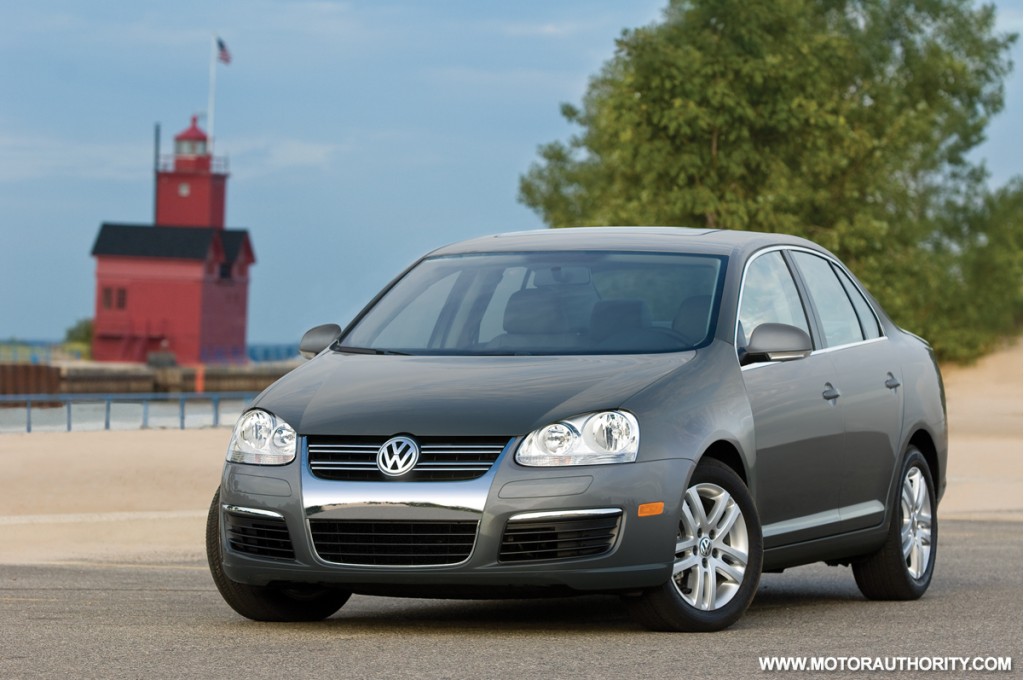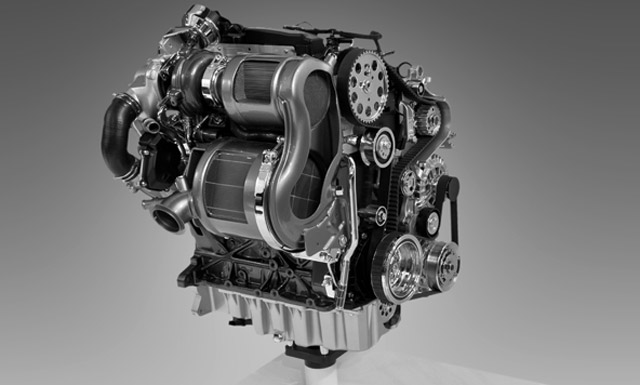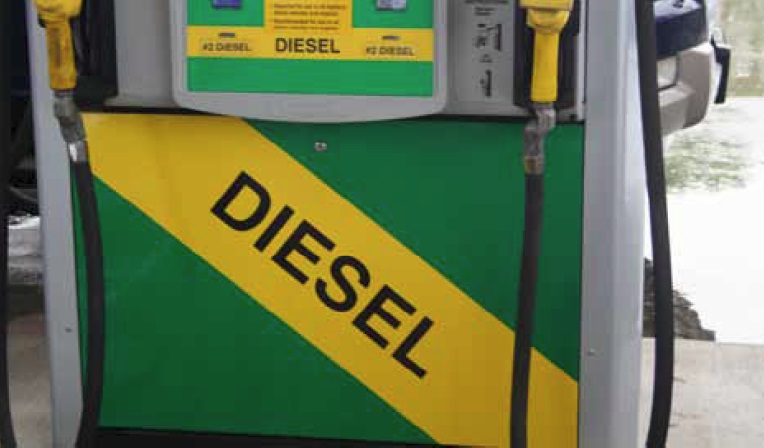"You have power, you have energy, you have emissions: You get to choose two of them."
That's the conundrum facing diesel-engine engineers, as summarized by Don Hillebrand, the director of energy systems research at Argonne National Laboratory in Illinois.
And the VW diesel emission cheating scandal shows just how tough those tradeoffs become in this era of tightening corporate average fuel-economy standards and stringent emissions regulations.
DON'T MISS: VW Diesel Emission Scandal: Five Possible Long-Range Effects
Hillebrand is quoted in a nice "explainer" post on Live Sciences that looks at why it's so hard to make modern diesel engines clean, powerful, and fuel-efficient.
His summary is a good frame to look at the potential fixes that Volkswagen might propose to make its 482,000 TDI diesel cars from model years 2009 through 2015 comply with the emissions regulations their software apparently ignored under real-world circumstances.
The potential fixes, as sketched by Bloomberg, include software adjustments, greater use of AdBlue urea fluid in cars fitted with urea injection, cash payments, retrofitting a urea injection system to cars without it, and/or outright buybacks or swaps of cars.

diesel and AdBlue fillers in Audi Q7 TDI
What follows is entirely hypothetical, based on industry knowledge and discussions with a variety of sources at carmakers and elsewhere.
None of those sources would agree to be quoted by name, given the sensitivity of the issue and the ire of the Environmental Protection Agency at VW's duplicity.
We've ranked them from cheapest to most complex. That may also map to a scale of most to least likely, but we'll see.
ALSO SEE: VW Diesel Emissions Recall: What You Need To Know In 10 Questions
(1) Adjust the software
Volkswagen engineers are no doubt hoping that at least some of the affected vehicles can be made to comply with emission rules in real-world use simply through software tweaks.
Notably, by removing the "defeat device" that let the cars bypass the compliance routines when the car detected it was not in a lab-test situation.
The big question then becomes: How much of an impact would that have on performance, and on fuel economy?

Add AdBlue in Trunk
The driving cycles used in emission testing are notoriously gentle, so far less power is required to meet them than real drivers will use.
Worse, VW marketed its so-called "clean diesel" cars as not only fuel efficient but torque-y and fun to drive as well. Owners will expect those qualities to stay.
How much power and efficiency goes away--and how well owners would accept those tradeoffs--remains to be seen.
(2) Use more AdBlue fluid
For those vehicles fitted with Selective Catalytic Reduction (SCR) systems and urea tanks, it's possible that software tweaks plus greater use of AdBlue fluid might be enough to make them comply with emissions rules under real-world driving.
Those vehicles are the 2012-2015 Passat TDI and the 2015 Golf TDI, as well as additional 2016 Volkswagen models that the EPA refused to certify.

2014 Volkswagen Passat TDI
The Passat TDI tested in real-world driving emitted far more nitrogen oxides (NOx) than the legal limits, but its emissions were not as high as those of the SCR-free Jetta TDI tested at the same time.
Volkswagen may have wanted to use less AdBlue to keep owners' costs down or to avoid requiring them to refill the tank more often than at every recommended oil-change interval.
An emission control system that used more AdBlue to reduce NOx might well meet the emission regulations, and VW would likely cover the extra cost over the lifetime of the car.
(3) Send money to owners
Volkswagen will almost certainly have to send every U.S. TDI owner a cash payment of some sort.

2009 vw jetta tdi 002
It would cover some mix of diminished resale value, increased fuel costs resulting from any modifications, and general annoyance and deception.
And the company will still likely face hundreds of lawsuits around the world, and at least dozens in the U.S., from aggrieved owners, their attorneys, and consumer groups.
How much such payments would amount to depends on the performance of modified cars, and the adjusted resale value they offer--which won't become obvious for many months.
(4) Retrofit Selective Catalytic Reduction systems to cars without it
This is widely acknowledged to be the most complicated, possibly the most expensive, and almost certainly the most unlikely outcome for those Jetta, Golf, Beetle, and Audi A3 models that were not fitted with SCR in the first place.

Volkswagen EA288 TDI four-cylinder turbodiesel engine
Adding a brand-new catalytic converter, a urea tank, all the associated pumps, sensors, plumbing, and control logic to a vehicle never designed for it would be a major engineering undertaking, exacerbated by the fact that each vehicle structure is slightly different.
Owners of retrofitted cars would have to pay for urea fluid over the cars' remaining lives (in all fairness, VW should likely throw it in for free), and they might well lose some cargo space to the urea tank.
(5) Buy back cars outright
This is the worst-case scenario: Any car that can't be brought into compliance with software tweaks that owners will accept may have to be bought back outright--and crushed.
At an average price of $15,000 apiece, buying back 300,000 of the 482,000 affected cars would cost VW North America a cool $4.5 billion, or more than half of the total amount set aside to deal with the problem globally.

Diesel fuel pump
An alternative to a straight buyout might be a healthy discount on a new Volkswagen with a guaranteed trade-in price for the non-compliant car.
That could cut costs somewhat, but it remains to be seen how many TDI diesel buyers will want another Volkswagen, whether diesel or not.
(6) Swap noncompliant TDI cars for new compliant ones
This would likely be the priciest solution of all, and probably the least likely. But it may be the cleanest and fairest--at least to unwitting owners.
From VW's point of view, however, it would cost them not the used-car value of a buyback, but an entirely new car--and they'd still likely have to crush the noncompliant cars.

Money
We don't expect to see this happen, but we're waiting for the first lawsuit that demands it.
In the end, today is the day that VW has said it will release a plan to address the deficiencies in the diesel models with the affected software in Germany.
Proposals for a U.S. plan are likely further away.
Meanwhile, owners can keep driving their cars--but they're otherwise in limbo.
Stay tuned for more.
_______________________________________













